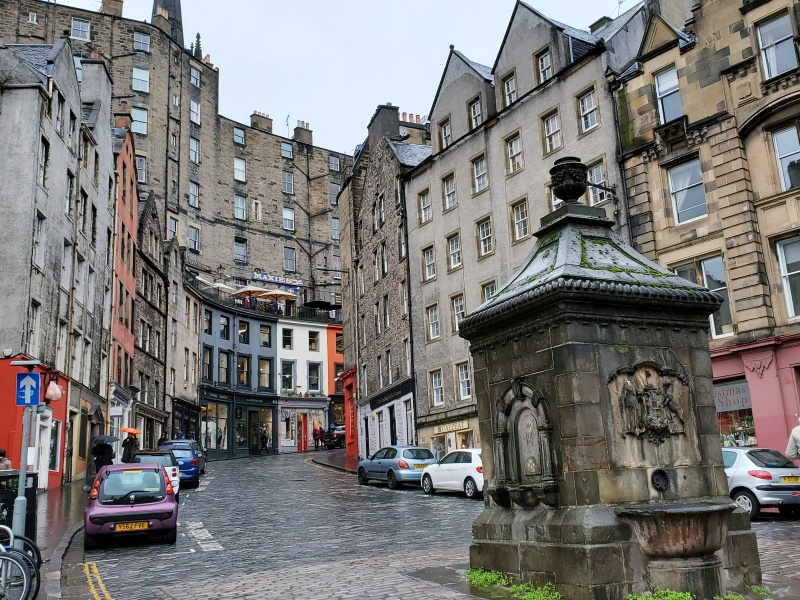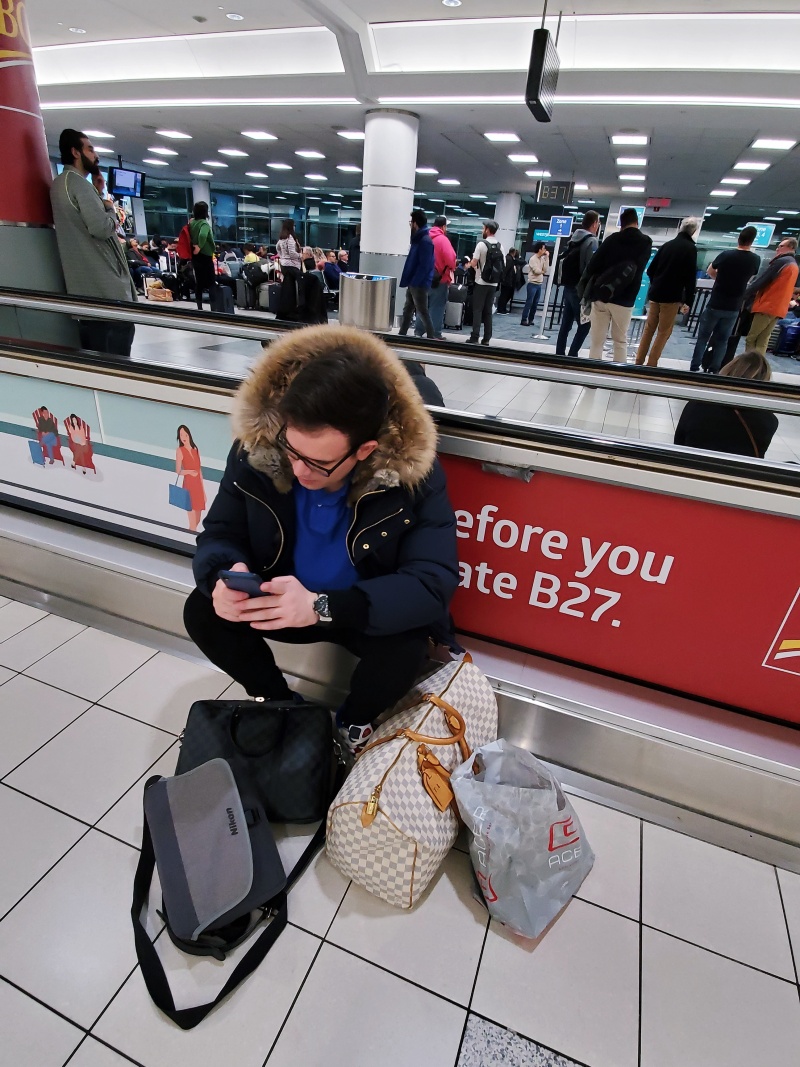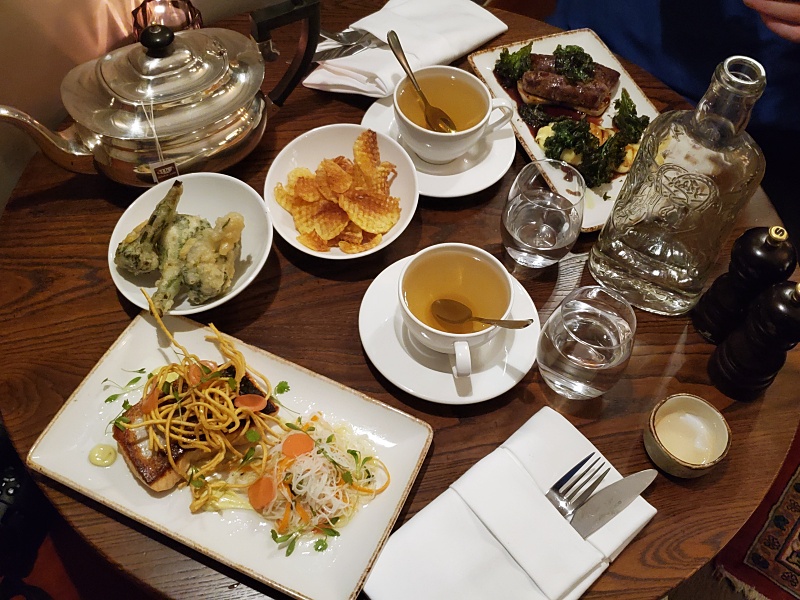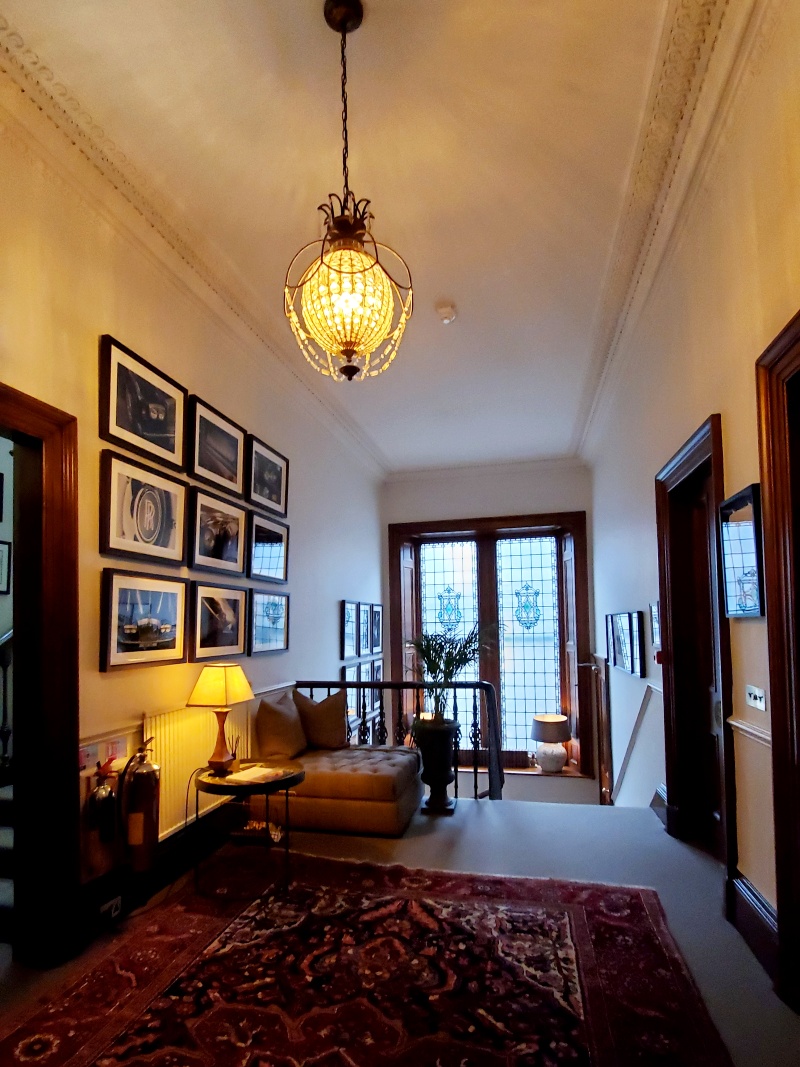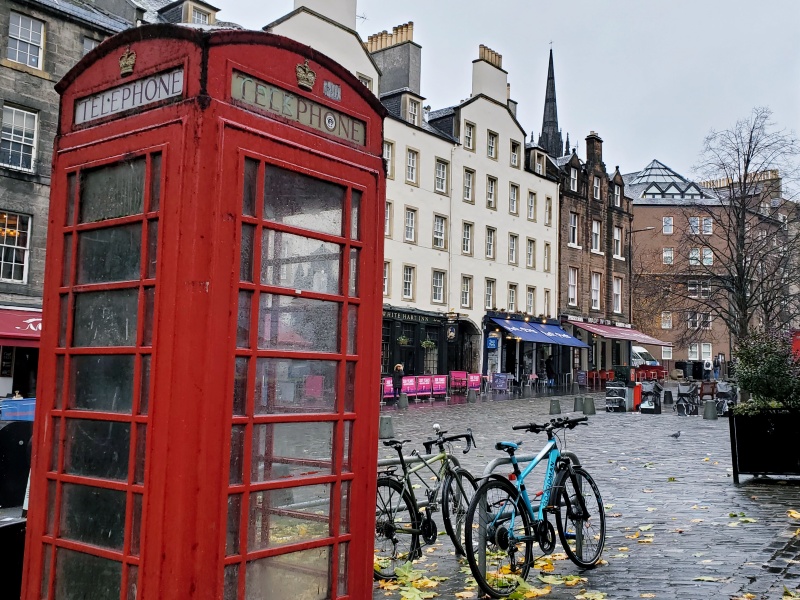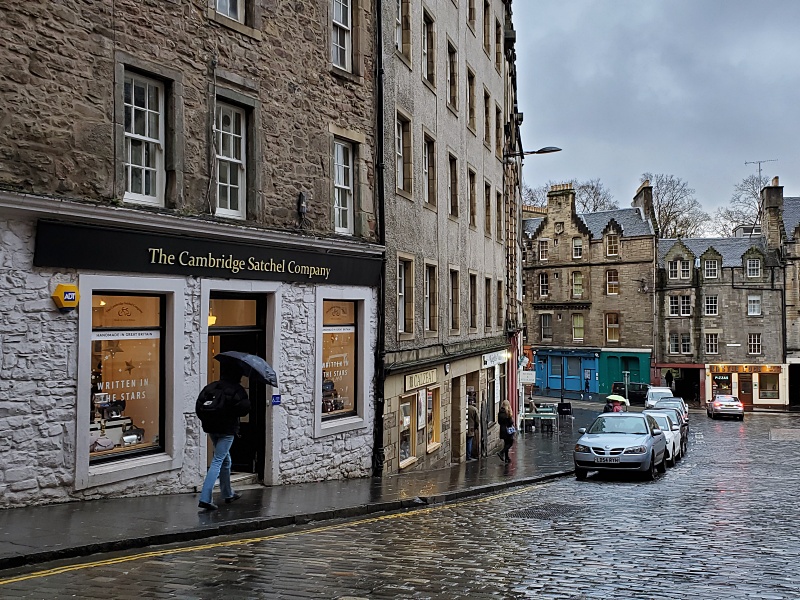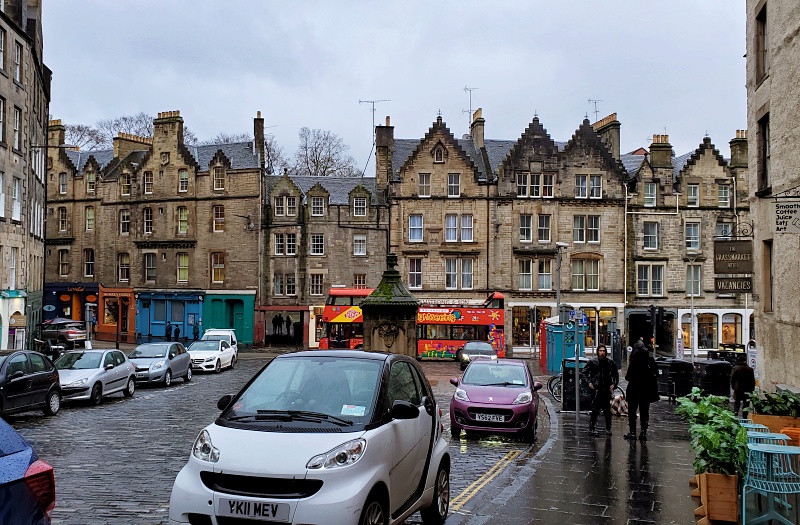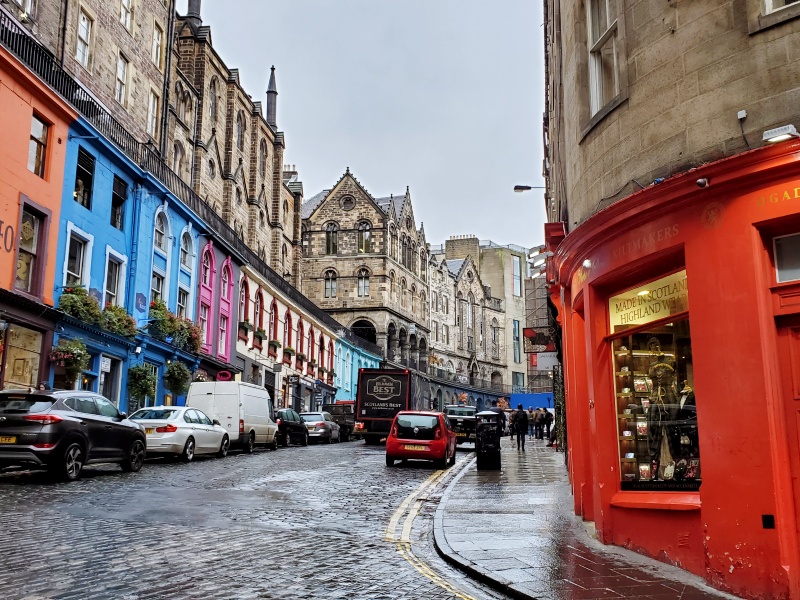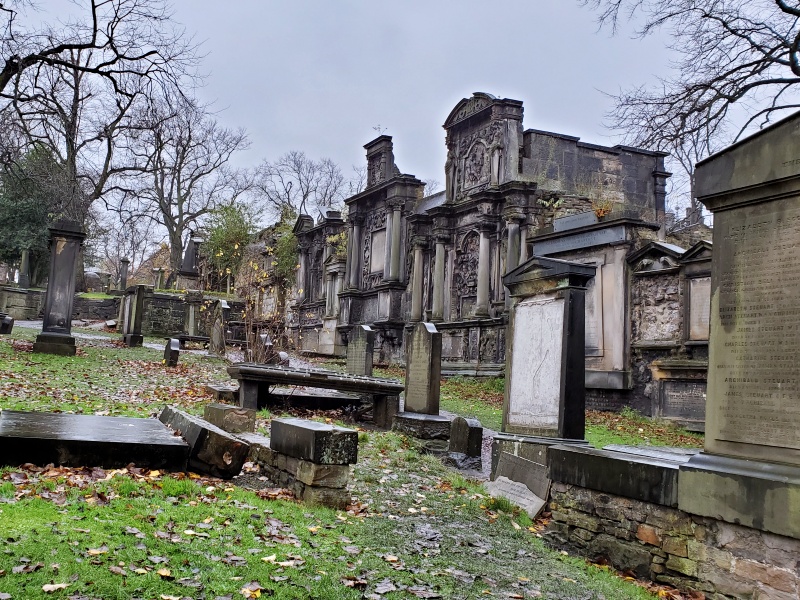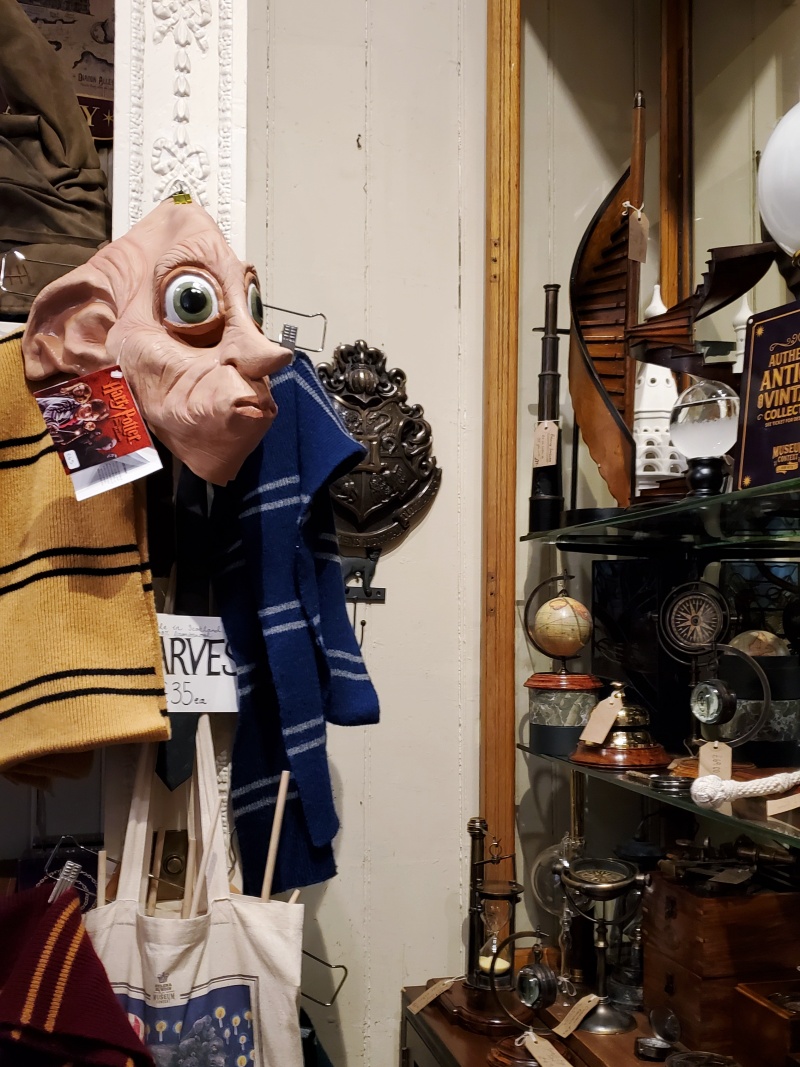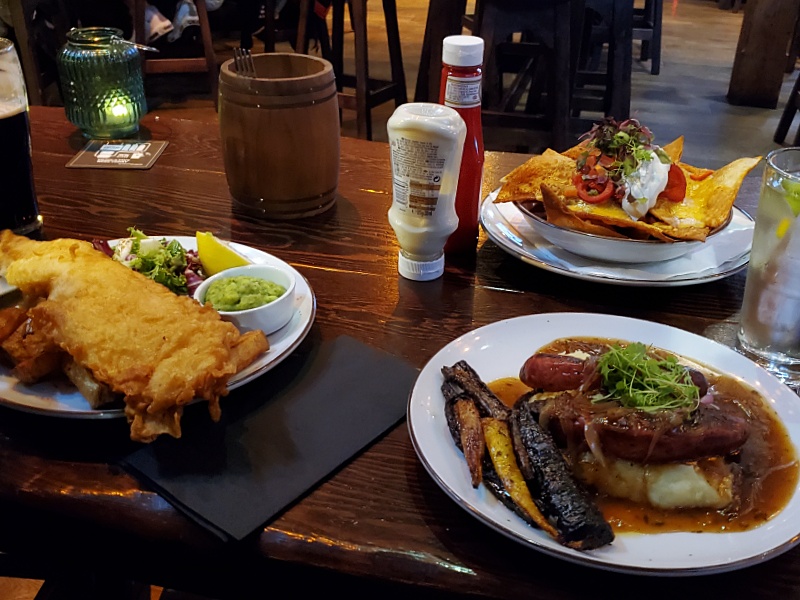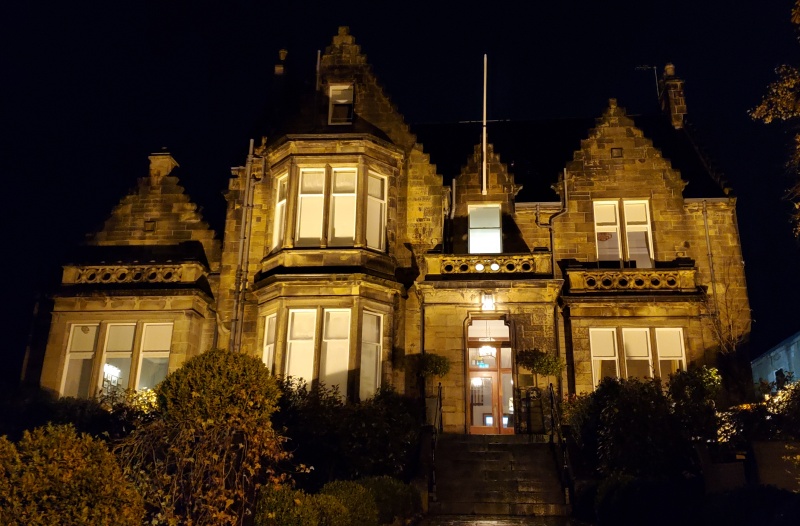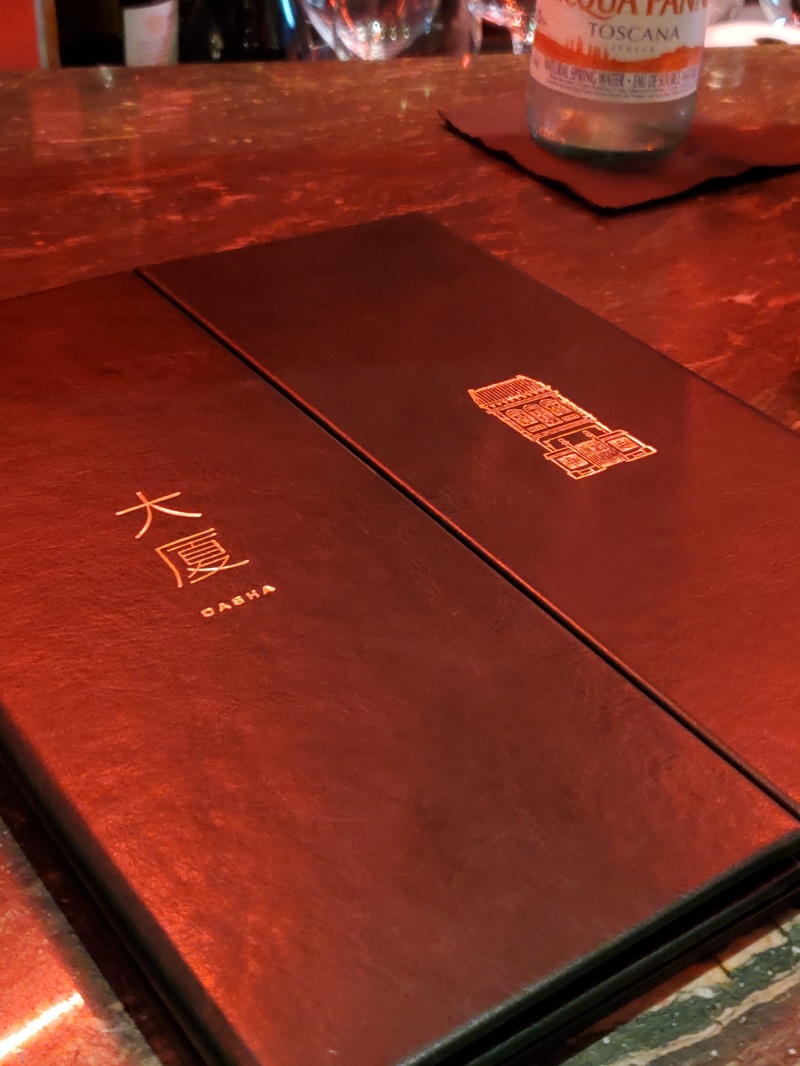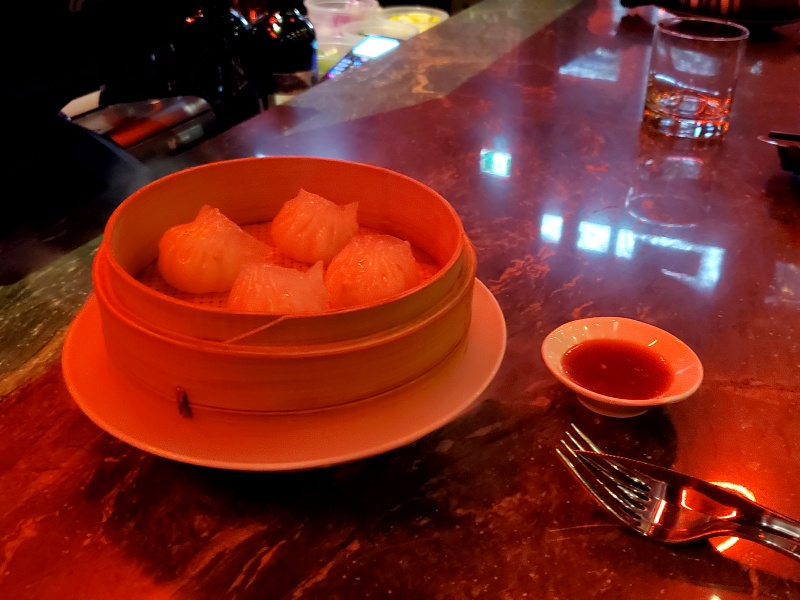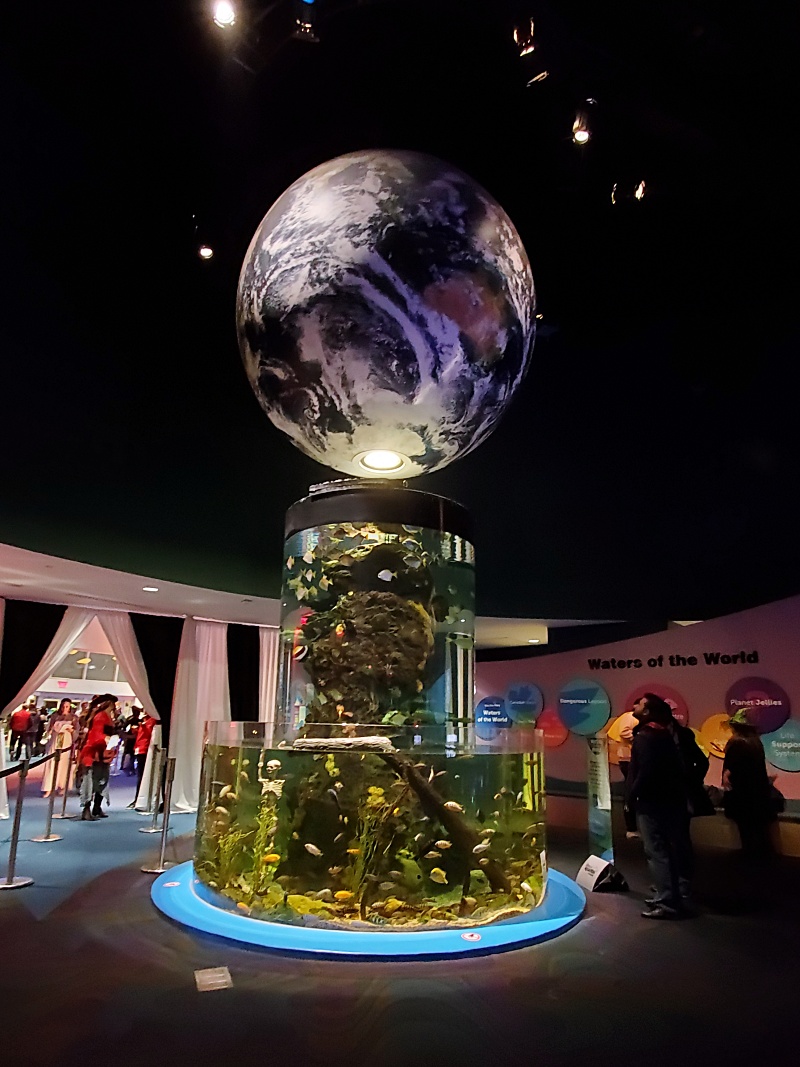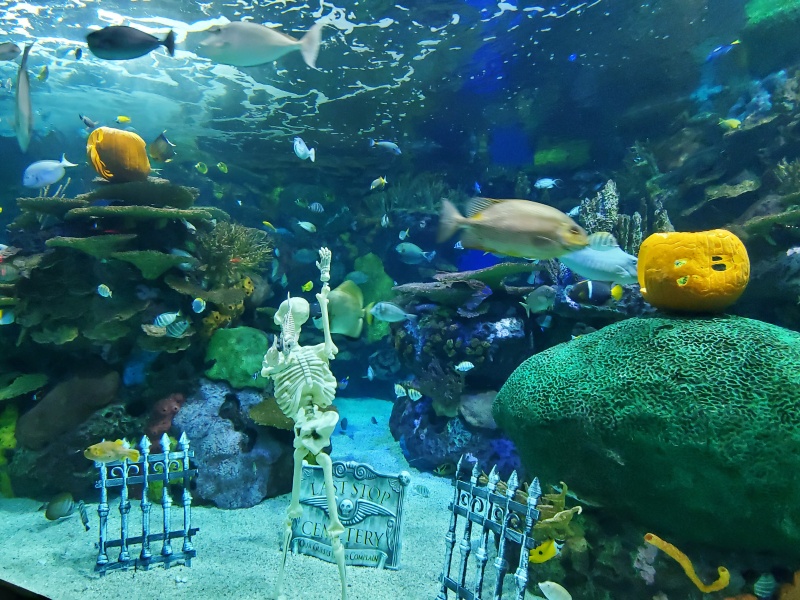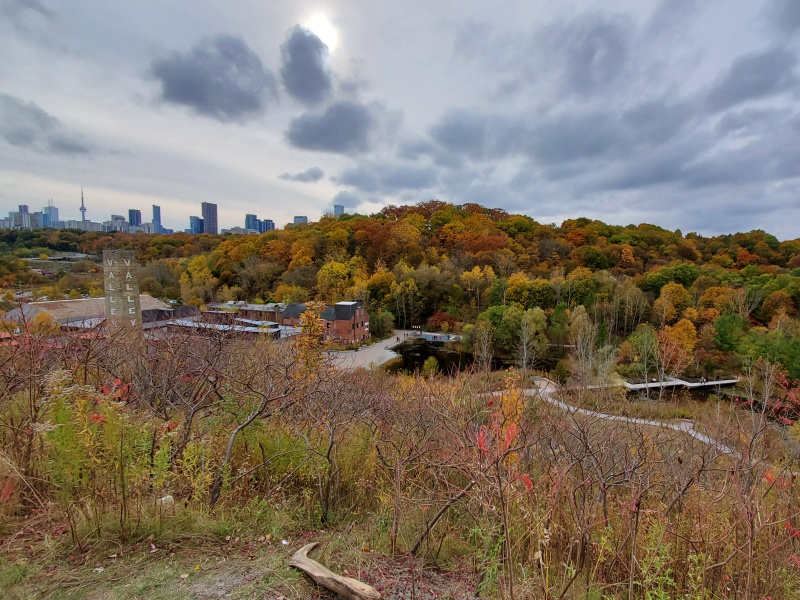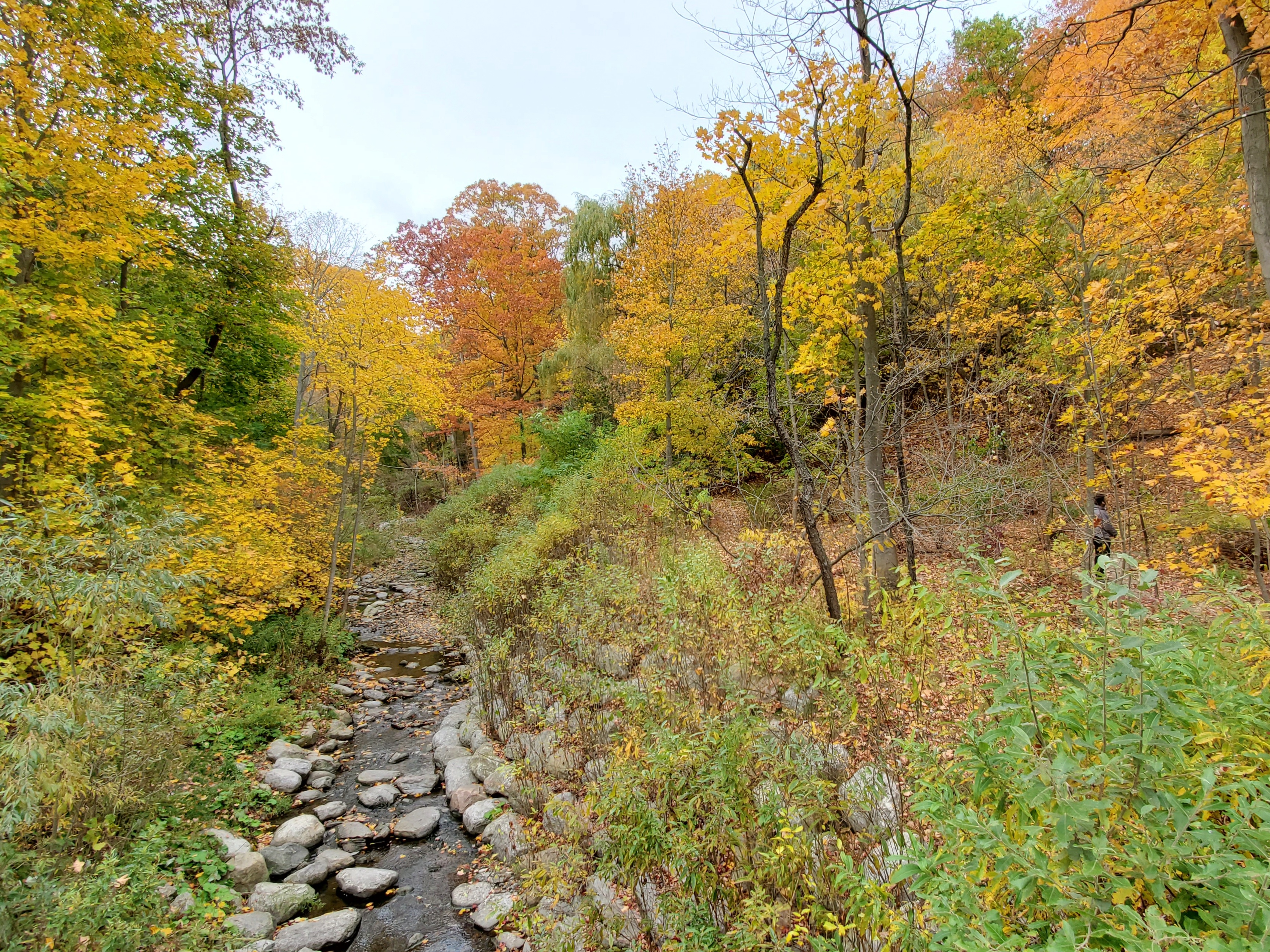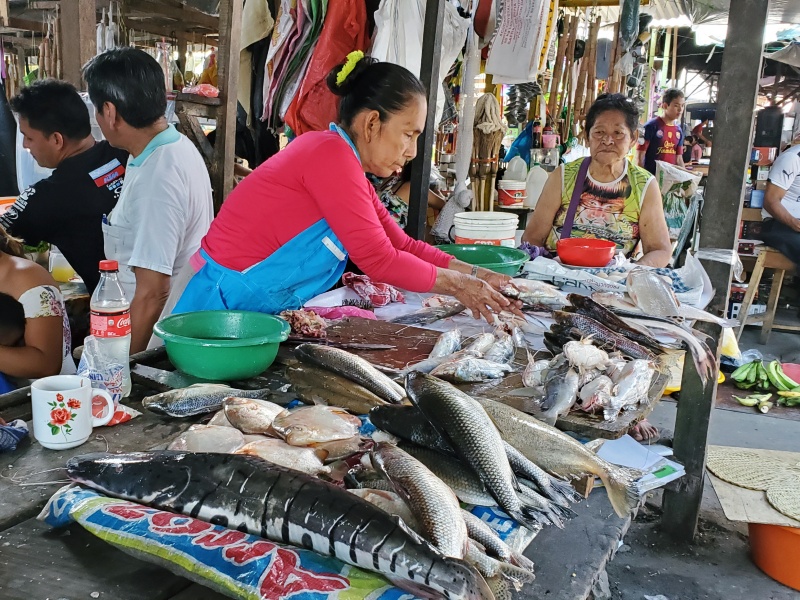
Belen is considered the poorest neighbourhood in Iquitos, and perhaps all of Peru. The residents there do not have clean water, proper sanitation or electricity. A lot of the residents previously lived in the Amazon rainforests, coming to Belen/Iquitos in search of employment or formal education. Visiting these types of places are always eye-opening experiences for me (I've previously visited similar in China and Russia) and they always make me appreciate the life I have so much more.
It's difficult to explain the type of atmosphere there. It felt very raw and exotic. Exactly what you'd expect a place in the Amazon to be like.
One of the "attractions" of Iquitos is Belen Market. I put it in quotations because I don't think a lot of tourists visit it. It was one of the places I was most excited to visit in our whole trip though. During our time there we only saw one other foreign tourist. Everyone else were locals, just going about their day shopping or selling things from fruits and vegetables to household items, Amazon medicinal ingredients and live animals. They sell anything and everything there.
It was one of the places I was most excited to visit in our whole trip. During our time there we only saw one other foreign tourist though. Everyone else were locals, just going about their day shopping or selling things from fruits and vegetables to Amazon medicinal ingredients, animal parts and live animals.
We hired a guide to bring us around here since it is considered a bit dangerous in terms of theft. We were told to take off all jewellery and put away our cameras. We were only allowed to take photos using our phones in certain parts and while the guide was watching closely. If I had a choice I would have taken photos of everything..the parts I was not allowed to photograph at were the most interesting lol. ****WARNING**** There are a couple slightly graphic images in this post of a cut up turtle.
We started off briefly visiting the residential area and taking a quick boat ride down to the market.
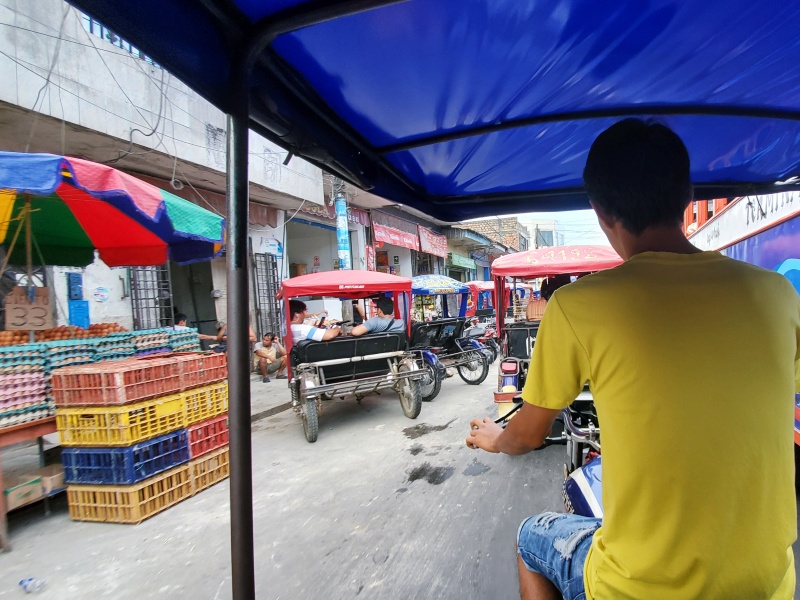
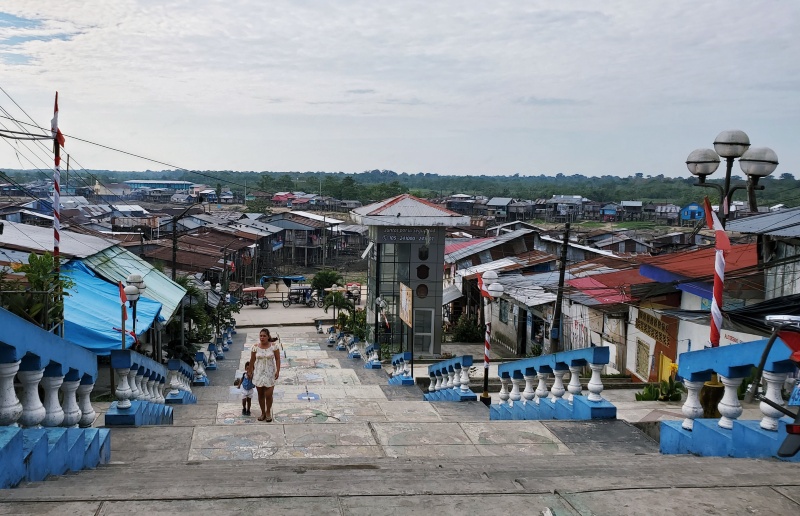
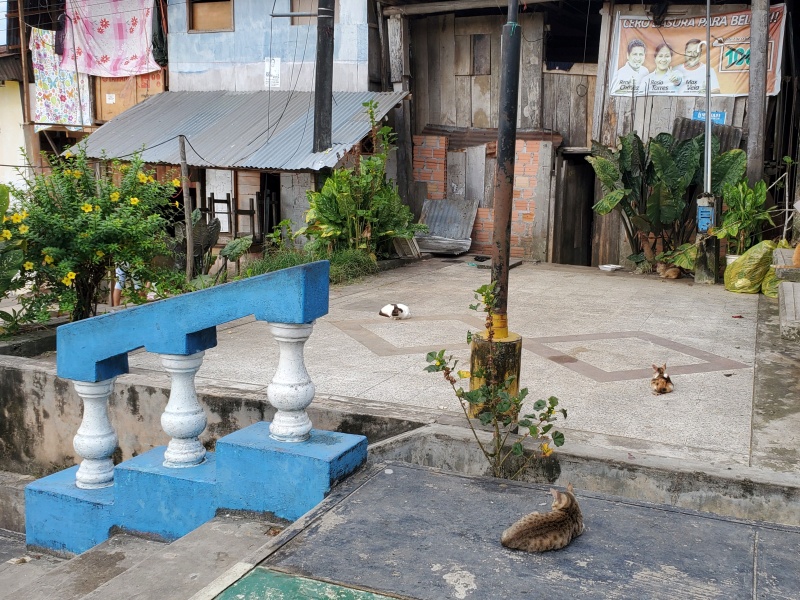




On the boat ride, we sailed along these homes built on stilts to adapt to high and low water seasons. When it's the wet season (roughly February to July), the water levels go all the way up to the second floor of the home. At that time, the family would be living on the second level only. The residents here were doing their laundry.

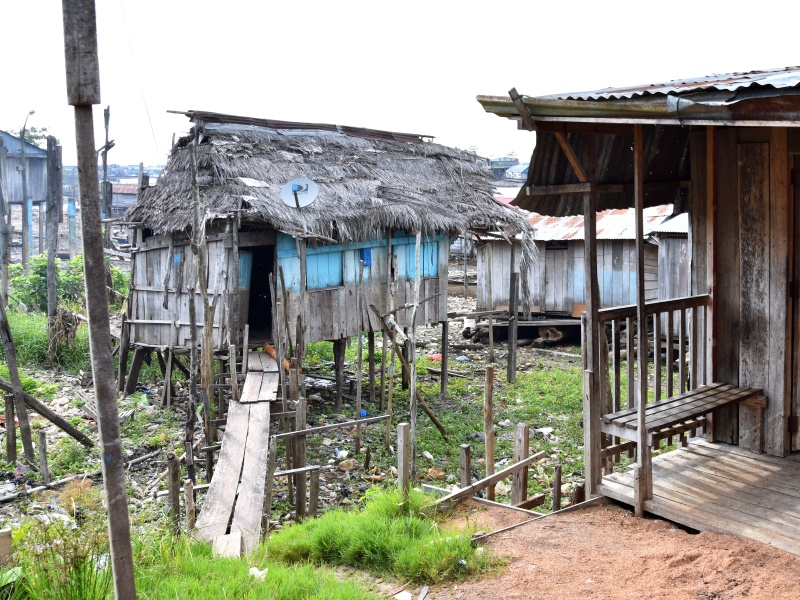
This is what an entrance to the homes look like. During wet season there would be a several feet of water underneath you.

This is a barber shop

A school

A church


I could be totally remembering wrong but I think each bunch (?) bushel (?) of bananas were something like 70 cents.

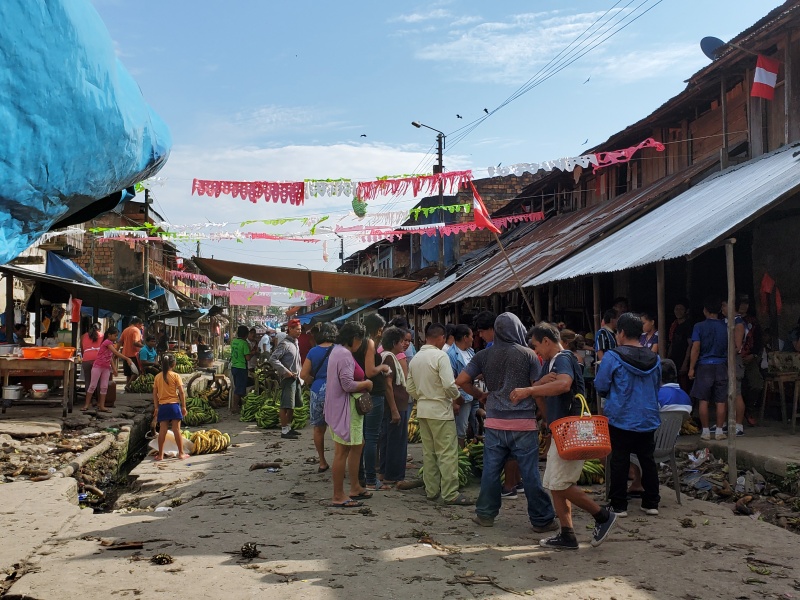



Turtle eggs


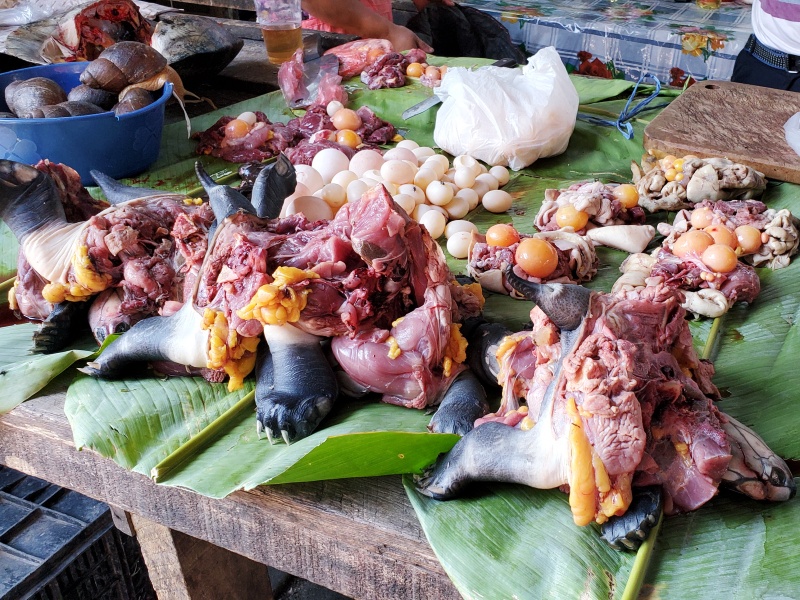

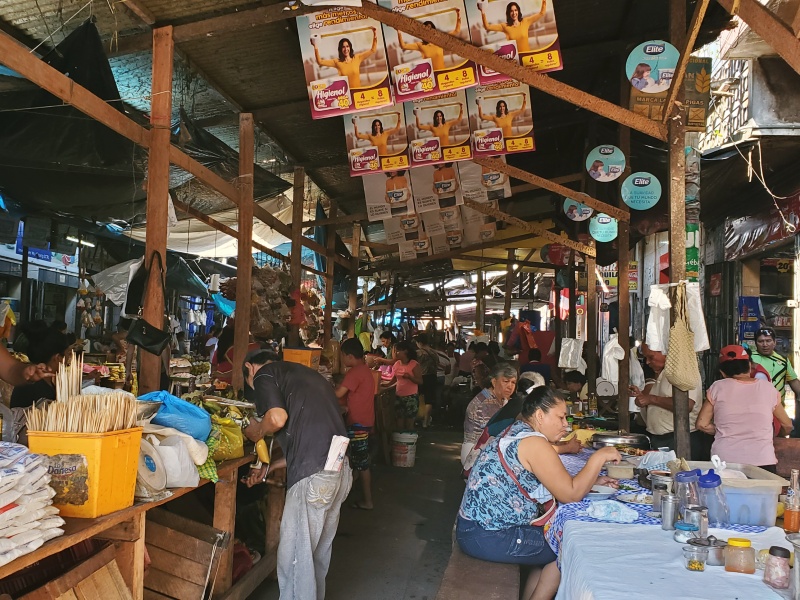
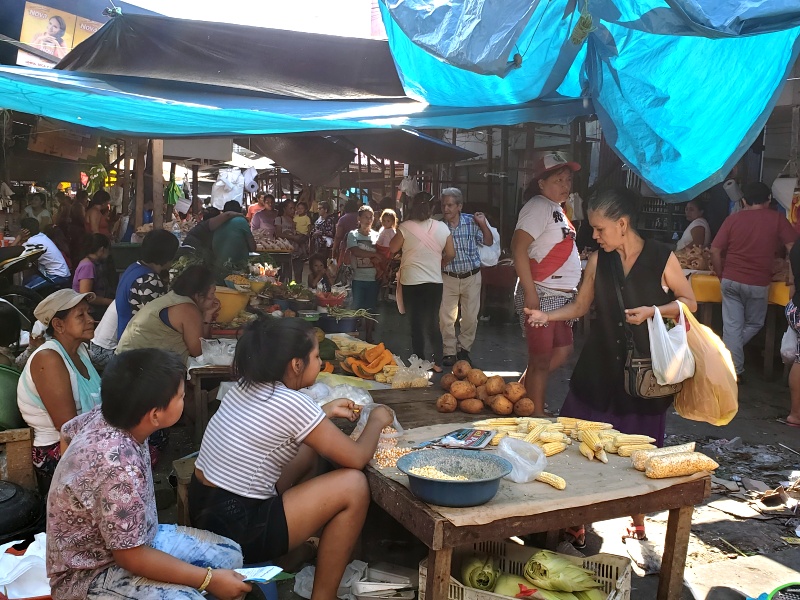

I was so fascinated by everything and I wish we could have seen all parts of the market. Our guide didn't want to bring us to the darker and more sketchy areas for safety. I don't know if I would recommend a visit though because it's not a type of place everyone would enjoy seeing. I personally really enjoyed it though.
FACEBOOK | TWITTER | INSTAGRAM | BLOGLOVIN'
